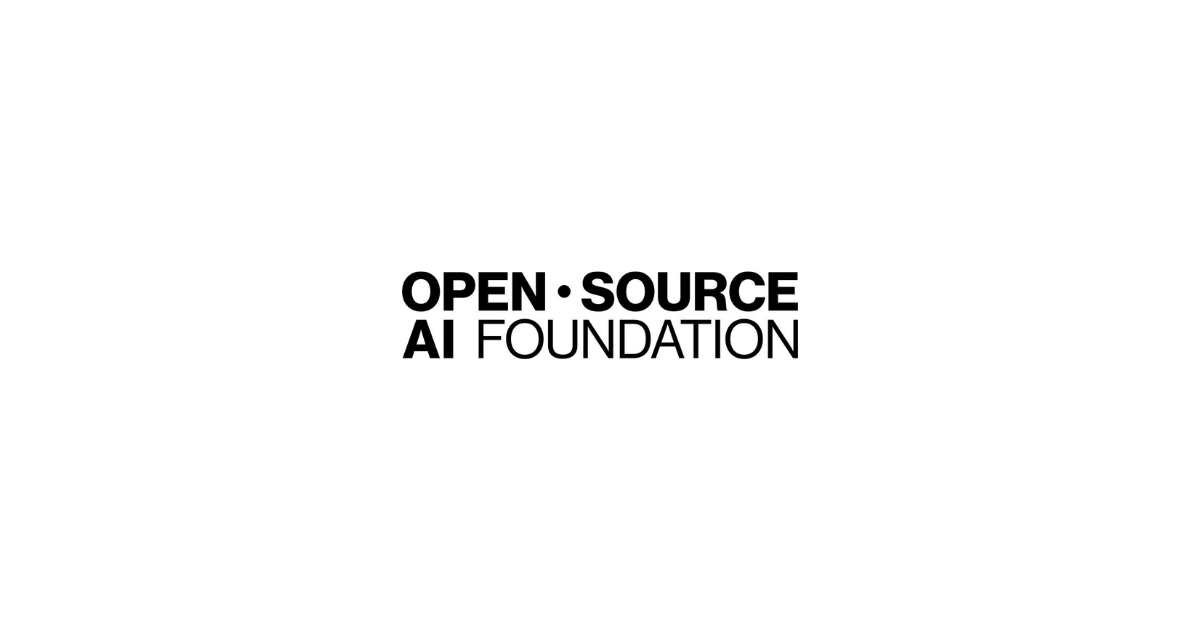Open-Source AI Foundation Launches AI Initiative for Criminal Justice Reform

The Open-Source AI Foundation (O-SAIF) has launched The 20% Project, an initiative aimed at reforming the criminal justice system through the use of AI technology, announced in a press release. This project will utilize open-source Agentic AI to analyze and prioritize cases for pardon and commutation, initially focusing on over 160,000 federal incarcerated individuals.
Led by Michael "Harry-O" Harris, founder of Death Row Records, The 20% Project seeks to modernize the case review process, reducing the time and complexity involved in processing applications. Harris, who spent 33 years in prison before receiving a Presidential Pardon, emphasizes the potential of AI to overcome bureaucratic barriers and ensure public transparency.
The initiative is supported by Eliza Systems, which has committed significant resources to the project. Brittany Kaiser, Chairwoman of O-SAIF, highlighted the project's commitment to transparency and ethical AI development, aiming to disrupt outdated systems and promote justice and systemic change. The project will also advocate for support from key policymakers, including the U.S. Department of Justice.
We hope you enjoyed this article.
Consider subscribing to one of our newsletters like AI Policy Brief, Legal AI Weekly or Daily AI Brief.
Also, consider following us on social media:
More from: Regulation
More from: Legal AI
Subscribe to Legal AI Weekly
The source for the Legal AI software news, analysis, emerging applications: contract review, e-discovery, research.
Whitepaper
Stanford HAI’s 2025 AI Index Reveals Record Growth in AI Capabilities, Investment, and Regulation
The 2025 AI Index by Stanford HAI provides a comprehensive overview of the global state of artificial intelligence, highlighting significant advancements in AI capabilities, investment, and regulation. The report details improvements in AI performance, increased adoption in various sectors, and the growing global optimism towards AI, despite ongoing challenges in reasoning and trust. It serves as a critical resource for policymakers, researchers, and industry leaders to understand AI's rapid evolution and its implications.
Read more
